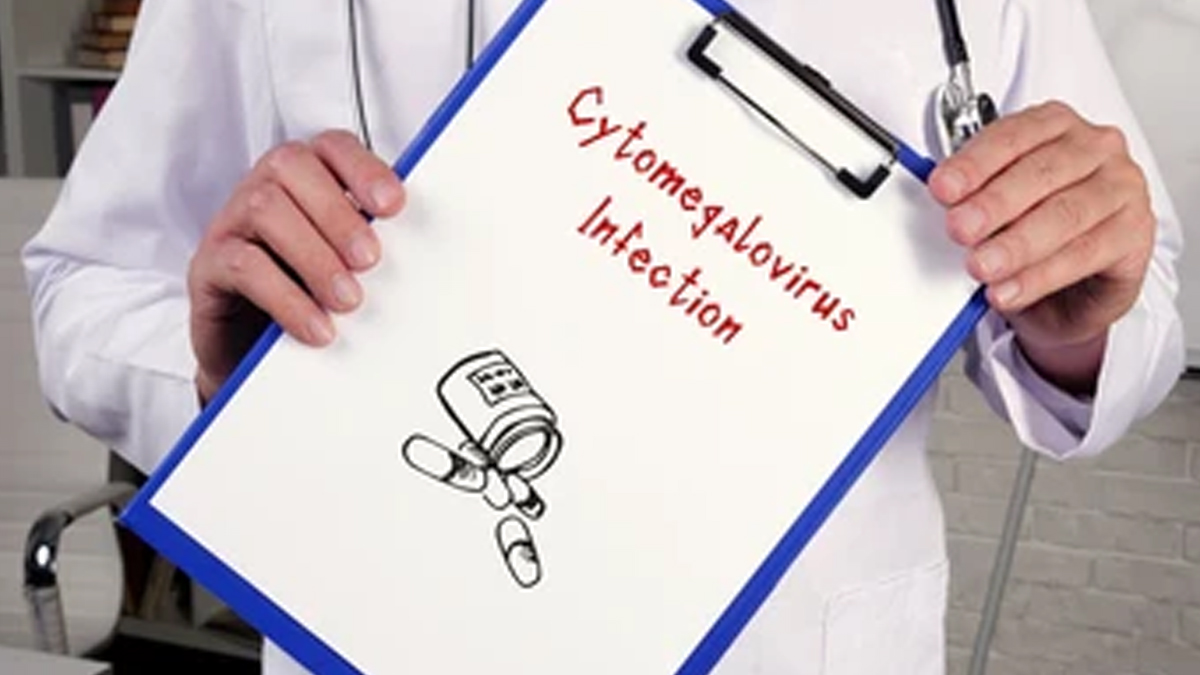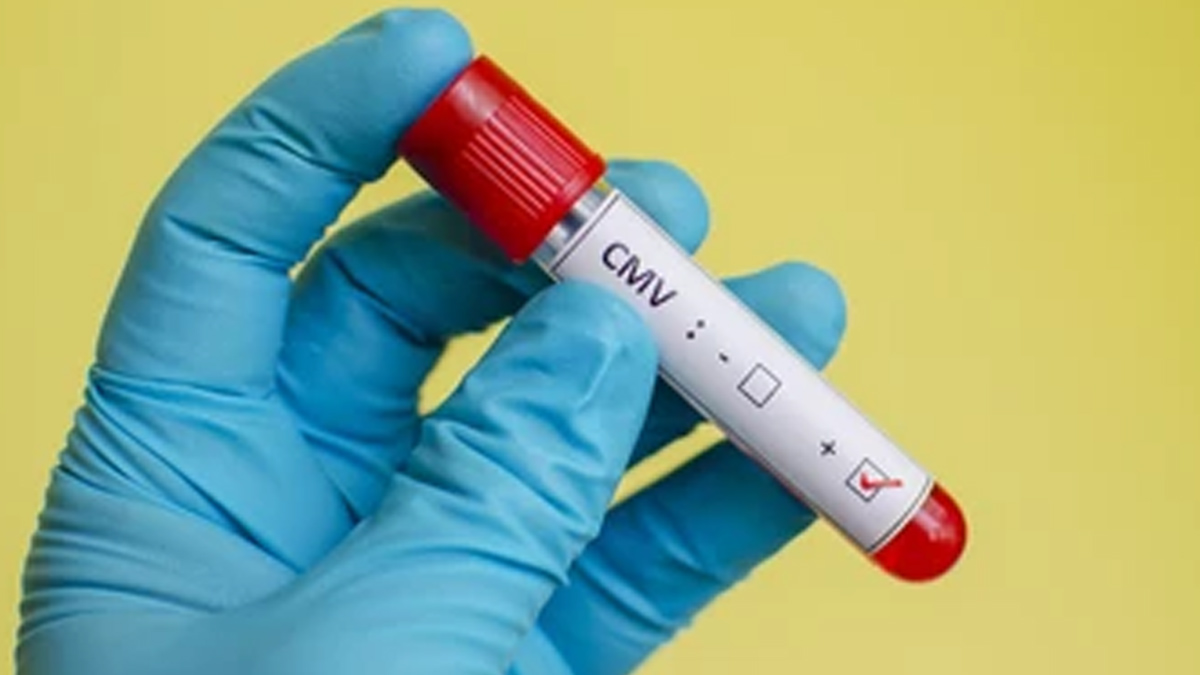
Taking care of your health is essential, but it becomes even more important during pregnancy. In some cases, Cytomegalovirus (CMV), a virus that may not seem harmful, may pose unexpected health issues. CMV is a common virus that can affect people of all ages and usually causes little to no symptoms in healthy people. However, during pregnancy, it can cause major health issues for both the mother and baby. We spoke to Dr Gandhali Deorukhkar, Consultant - Obstetrics and Gynaecology, Wockhardt Hospitals, Mumbai Central, who explained what happens if you have CMV during pregnancy and how to deal with it.
Table of Content:-
What Is CMV and How Does It Spread?

CMV is part of the herpes virus family, a virus that is responsible for giving you cold sores. The virus transmission is generally through salvia, urine, blood, and breast milk. In most cases, a person with a healthy immune system can keep the CMV under control, making the infection harmless. “However, there is a risk of transmitting the infection to the unborn baby if the pregnant woman contracts CMV for the first time or experiences a reactivation of the virus. This leads to the development of congenital CMV infection,” explained Dr Deorukhkar.
The virus stays in certain myeloid cells, which come from the bone marrow after its transmission. The immune system, especially a type of cell called cytotoxic T-cells, usually keeps the virus under control and prevents it from becoming active again. However, if the virus reactivates, it releases infectious particles in the body, leading to symptoms, especially with a weak immune system, according to StatPearls.
Also Read: Pregnancy: Myths You Probably Still Believe About Normal Deliveries
Risk Factors Of CMV For The Baby
Congenital CMV occurs in about one in 200 newborns, and while many babies show no symptoms, some may develop health issues, such as:

Hearing loss: The most common long-term effect of congenital CMV
Vision problems: Due to damage to the retina
Developmental delays: Including issues with motor skills and learning
Microcephaly: Abnormally small head size
Seizures: In severe cases
How Is CMV Diagnosed?

For the Mother: A blood test is the most common method to check for CMV antibodies, which indicate a current or past infection.
For the Baby: If a maternal infection is detected, further investigations may be necessary to check if the baby has been affected. Ultrasounds can help identify signs of CMV-related complications, such as abnormal growth or organ issues. Additionally, an amniocentesis (testing a sample of amniotic fluid) may be recommended to confirm congenital CMV.
According to Obstetrics and Gynecology Science, cytomegalovirus is the most common virus causing infections in babies before birth during pregnancy. It affects about 0.5–1% of live births in developed countries and 0.6–6% in developing countries.
Additionally, the study also found out that CMV is also a leading cause of Sensorineural Hearing Loss (SNHL), which impacts hearing and is not caused by genetics. Shockingly, this has become a major reason for birth defects, neurological disabilities, and conditions like cerebral palsy in high-income countries. This accounts for about 10% of cerebral palsy cases and 8–21% of hearing loss in newborns.
Also Read: Essential Vaccines For Mothers What To Get Before, During, And After Pregnancy
Managing CMV During Pregnancy
Currently, there is no vaccine or definitive cure for CMV. However, some preventive measures can help in risk reduction. Follow these tips shared by Dr Deorukhkar:

Practice Proper Hygiene: Practice caution while wiping a child’s nose or coming into contact with bodily fluids. Make sure to wash hands frequently, especially after changing your child’s diapers. Wash hands frequently, especially after changing diapers, wiping a child’s nose, or coming into contact with bodily fluids.
Avoid Sharing Items: Sharing utensils, drinks, or food with young children is a big no as they are usually the common carriers of CMV.
Regular Checkups: Do not neglect the importance of early and regular prenatal care to help monitor the health of both the mother and baby.
Treatment Options
Women who are detected with CMV during pregnancy may be prescribed antiviral medications in some cases to reduce the severity of the infections. These medications help in reducing the impact of the virus on the developing baby, however, the risk of complications may not be eliminated.
Bottomline
Dr Deorukhkar concluded, “If you have CMV during pregnancy, consult your healthcare provider for appropriate monitoring and management. Many babies with congenital CMV can lead healthy lives with early detection and care.”
[Disclaimer: This article contains information provided by an expert and is for informational purposes only. Hence, we advise you to consult your professional if you are dealing with any health issue to avoid complications.]
Also watch this video
How we keep this article up to date:
We work with experts and keep a close eye on the latest in health and wellness. Whenever there is a new research or helpful information, we update our articles with accurate and useful advice.
Current Version